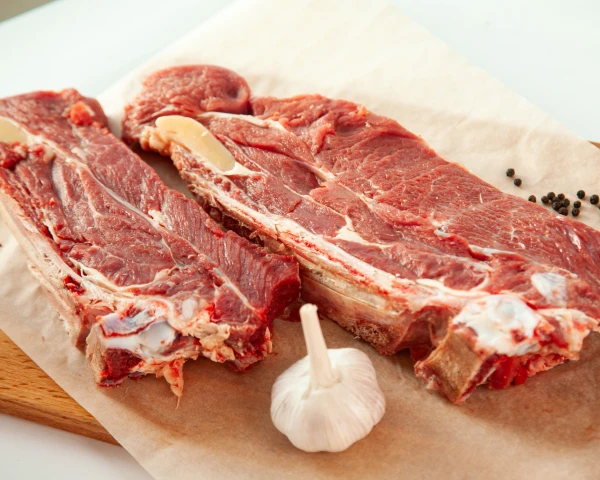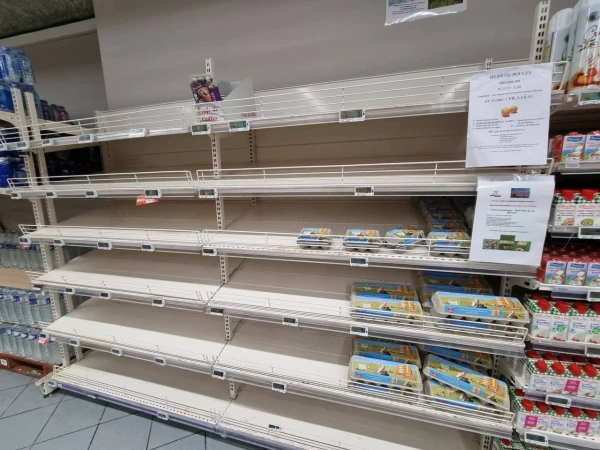
An outbreak of highly pathogenic avian influenza subtype H5N1 has been recorded in a private farm with 93 domestic birds in Durbes parish of the South Kurzeme region, the Food and Veterinary Service (SFVS) reported to the LETA agency.
The presence of the virus was confirmed by laboratory tests conducted at the Scientific Institute of Food Safety, Animal Health and Environment "BIOR".
The Center for Disease Prevention and Control (CDC) has been informed about the outbreak.
The State Food and Veterinary Service (SFVS) is conducting measures to combat the disease and its localization on site, as well as carrying out an epidemiological investigation to determine the possible source of the virus and its routes of spread beyond the infected farm.
To prevent further spread of the disease, all birds on the premises are subject to culling, products obtained from them are destroyed, and cleaning and disinfection are carried out.
Restriction zones with a radius of 3 and 10 kilometers have been established around the outbreak site, where the transportation of live birds and bird products is prohibited. Strict biosecurity measures must be observed in poultry farms within these zones.
Highly pathogenic avian influenza is an acute, highly contagious infectious disease of birds with high mortality. Characteristic clinical signs include sudden and rapid onset of the disease, lethargy, refusal to eat, ruffled feathers, unsteadiness when walking, choking, and death.
The main carriers of the virus are wild birds, especially waterfowl, in which the disease may be asymptomatic. Domestic birds can become infected through contact with infected wild birds, for example, when accessing ponds and other water bodies. Infection can also occur through contaminated feed or items (shoes, clothing, equipment) that carry the virus.
To protect birds from highly pathogenic influenza, the SFVS urges all poultry farmers to strictly adhere to biosecurity rules: keep, feed, and water birds only in enclosed spaces or in areas protected from rain to eliminate contact with wild birds. For the same reason, outdoor areas should also be fenced, and the release of birds into natural water bodies is prohibited—exceptions are made for artificial, fenced water bodies used only for domestic waterfowl.
Access of outsiders to the farm should also be restricted, work or change clothes and footwear should be used for caring for the birds, open water bodies should not be used for water, and feed and bedding should be stored in places inaccessible to wild birds.
Any suspicion of bird disease must be reported immediately to a veterinarian or the SFVS.
In the event of an outbreak of highly pathogenic avian influenza, the farm owner is entitled to state compensation for damages incurred during the culling process, provided that the farm and birds are registered in the Information System of the Rural Support Service and biosecurity requirements and other regulations are met.
In Latvia, in 2025, 68 dead wild birds were laboratory tested for the presence of highly pathogenic avian influenza. The H5N1 virus was detected in nine of them.
At the end of May this year, an outbreak of highly pathogenic avian influenza was also recorded in a farm in the Birzgale parish of Ogre municipality.
The H5N1 subtype of highly pathogenic avian influenza is potentially zoonotic, meaning there is a risk of infection not only in animals but also in humans.
The SFVS is a government institution under the Ministry of Agriculture, responsible for state supervision and control in the field of food circulation and veterinary medicine.















Leave a comment